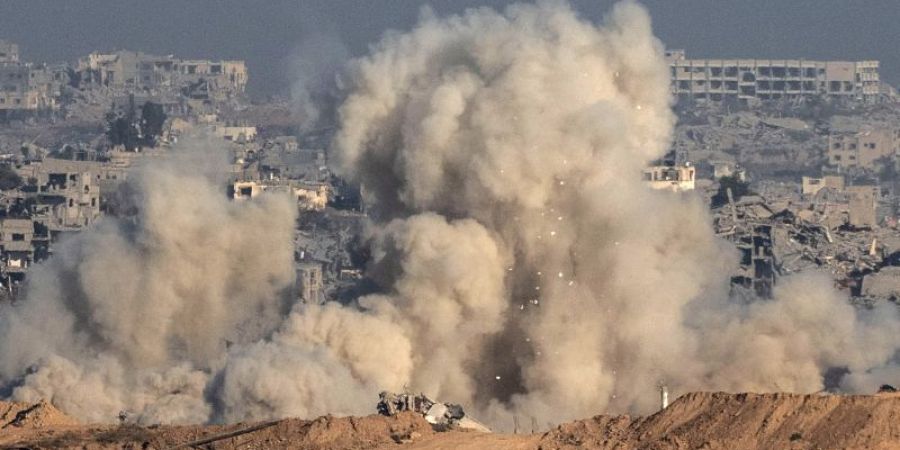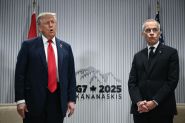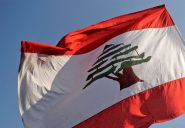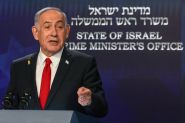Gaza Civil Defense Reports Death Toll Rises to 52
- 10/07/2025
- 5 comments
- 36
- 125


Natasha Metni Torbey 10/07 20:15

Mario Chartouni 10/07 17:45

This is Beirut 10/07 12:25

This is Beirut 10/07 11:25

Salam El Zaatari 10/07 08:00

This is Beirut 05:20

This is Beirut 10/07 21:15

This is Beirut 10/07 17:00

This is Beirut 10/07 15:33

This is Beirut 10/07 15:28
This is Beirut 10/07 16:15
Rayan Chami 09/07 17:10
This is Beirut 09/07 17:00
This is Beirut 09/07 15:20

Christiane Tager 10/07 18:55

This is Beirut 09/07 19:25

Liliane Mokbel 07/07 18:10

Christiane Tager 07/07 17:25

Christiane Tager 04/07 09:15

This is Beirut 10/07 17:00

This is Beirut 10/07 12:30

This is Beirut 10/07 10:30

This is Beirut 09/07 18:40

David Sahyoun 09/07 18:00

This is Beirut 10/07 20:20

This is Beirut 10/07 14:50

This is Beirut 10/07 12:00

Makram Haddad 10/07 10:10

This is Beirut 09/07 15:55

Bélinda Ibrahim 10/07 15:00

Bélinda Ibrahim 09/07 15:00

Makram Haddad 03/07 22:00

Bélinda Ibrahim 03/07 14:00

Bélinda Ibrahim 02/07 18:00

par Ici Beyrouth, 05:15

par Ici Beyrouth, 10/07 21:55

par Ici Beyrouth, 10/07 20:20

par Ici Beyrouth, 10/07 20:00

par Ici Beyrouth, 10/07 19:45